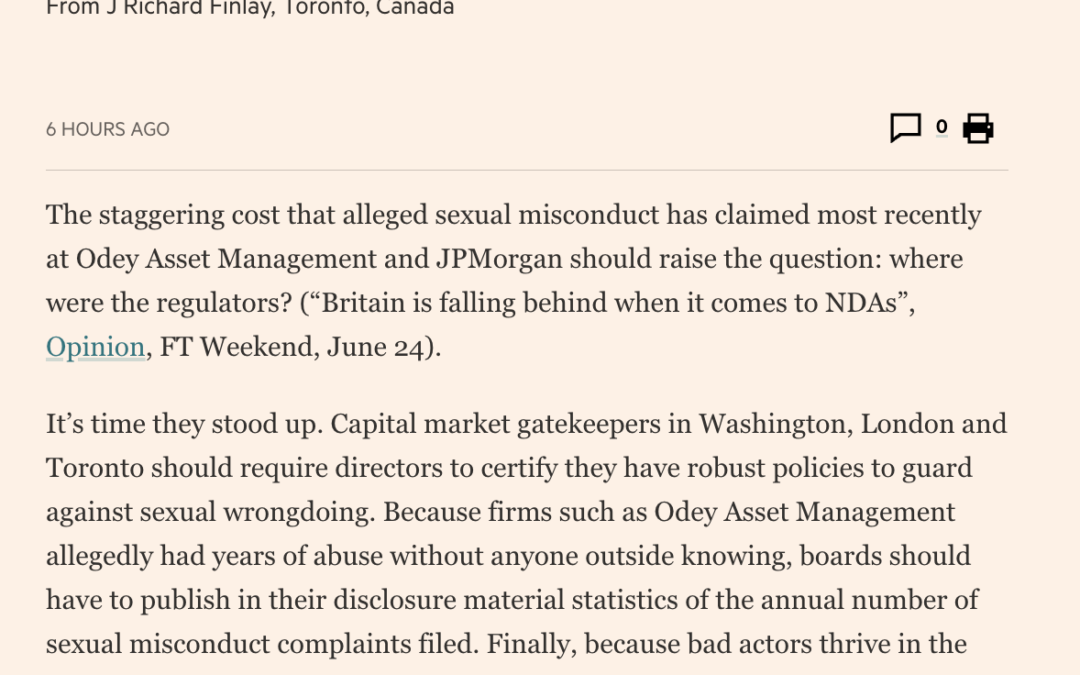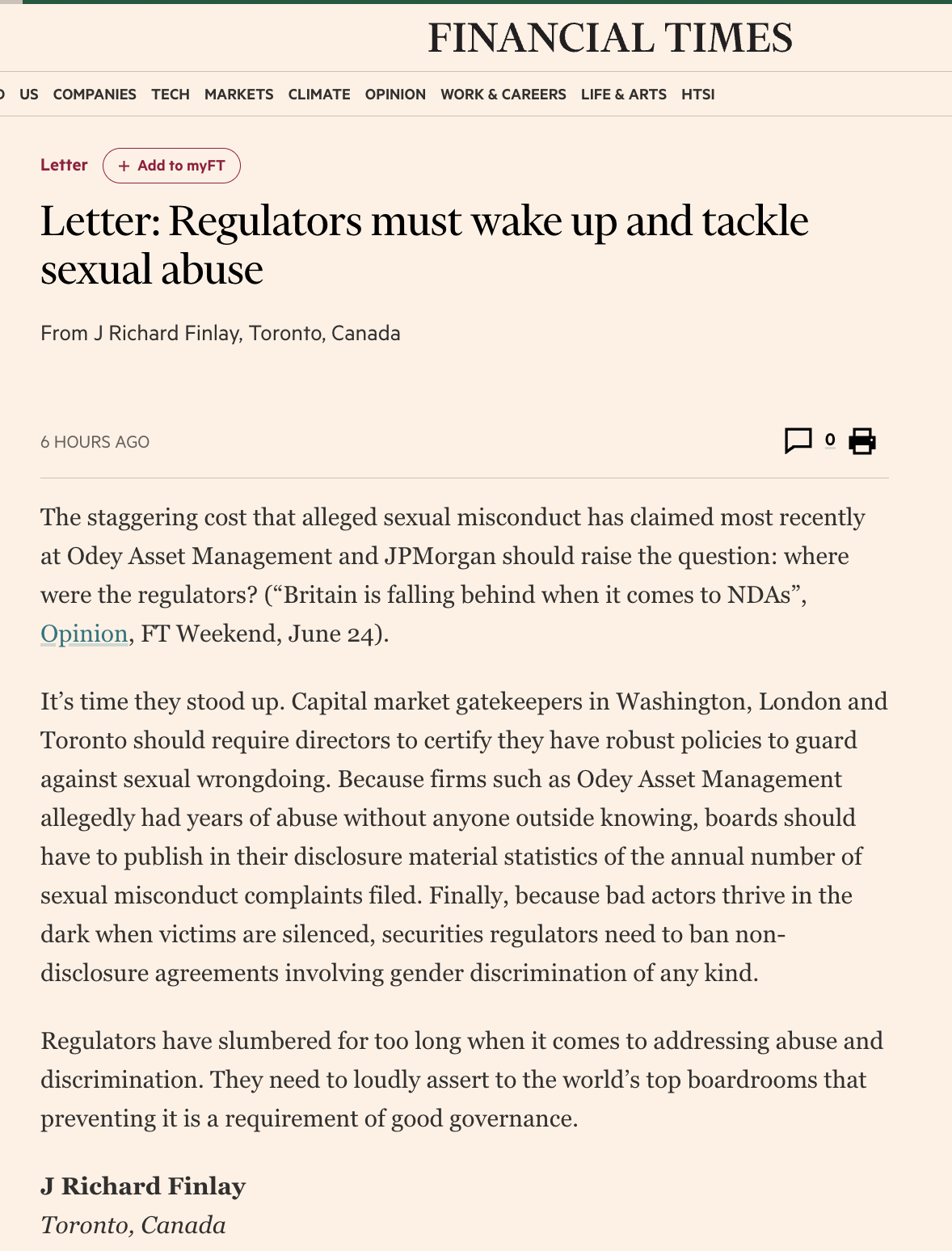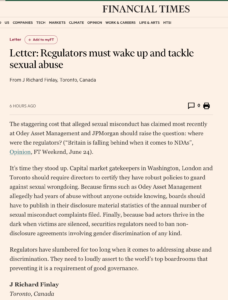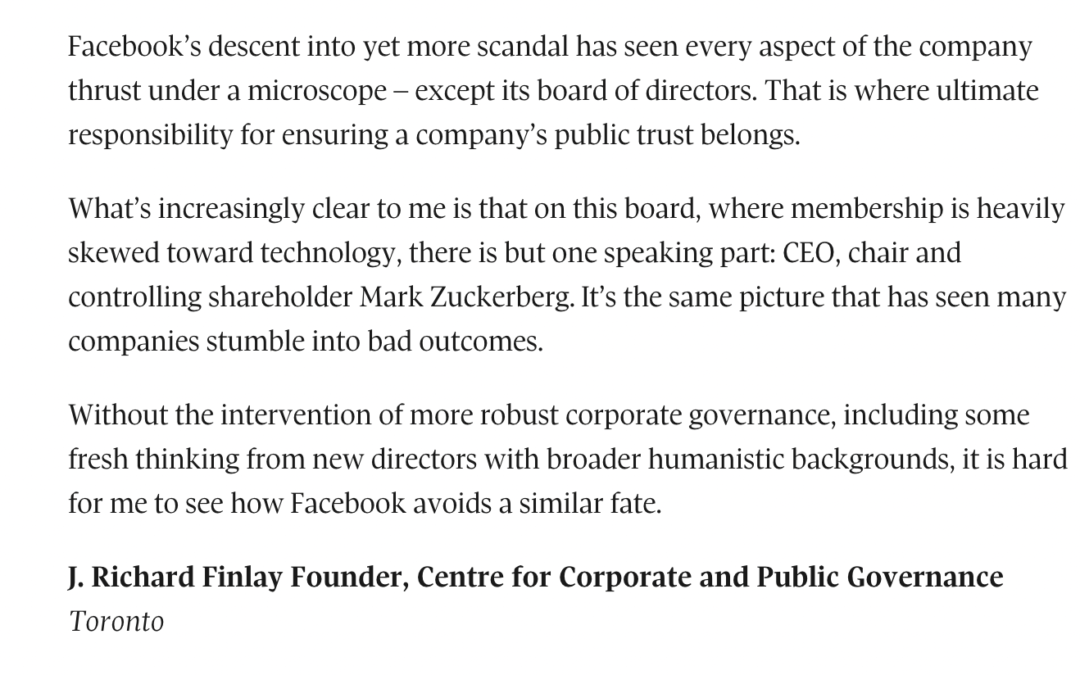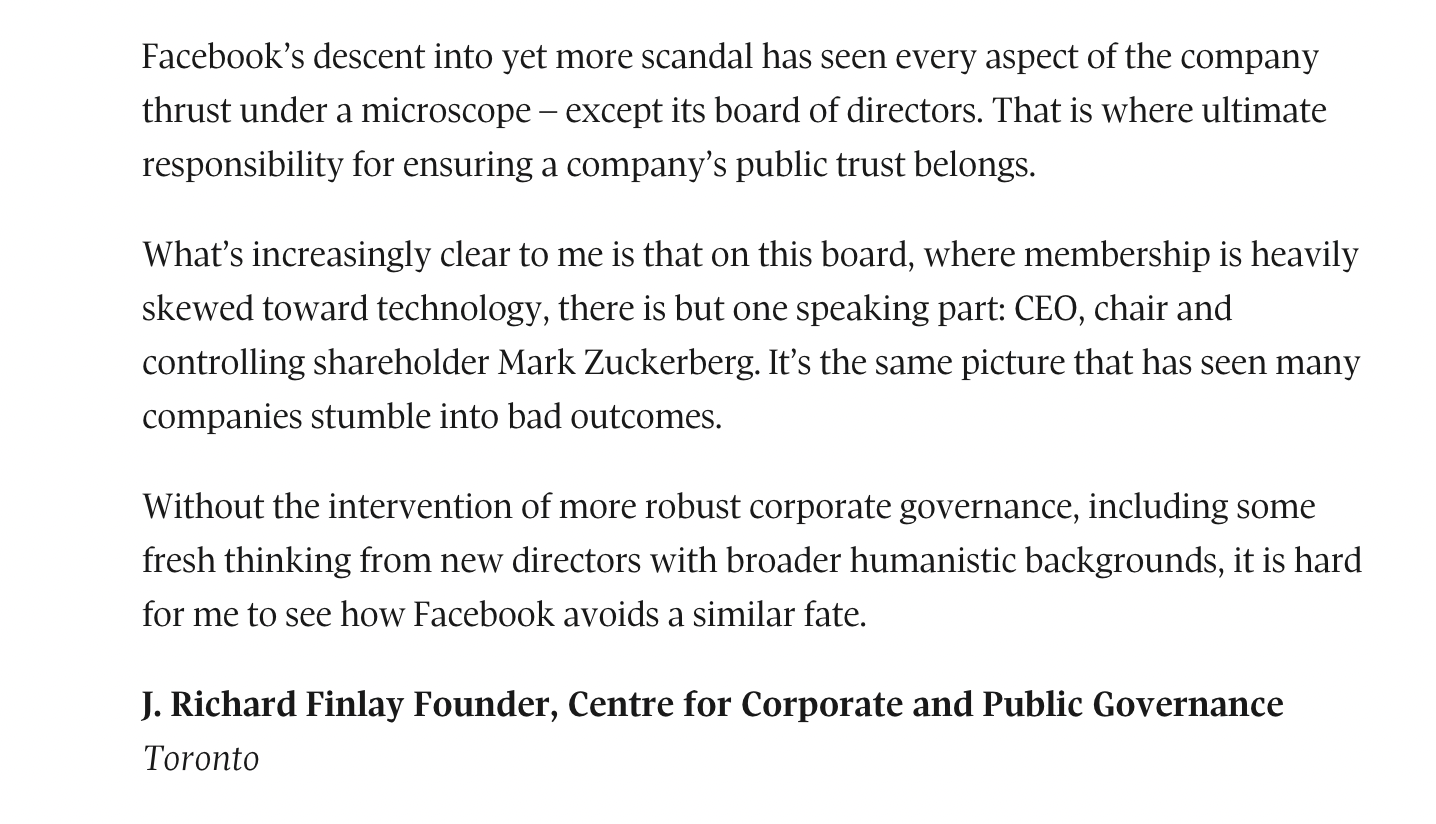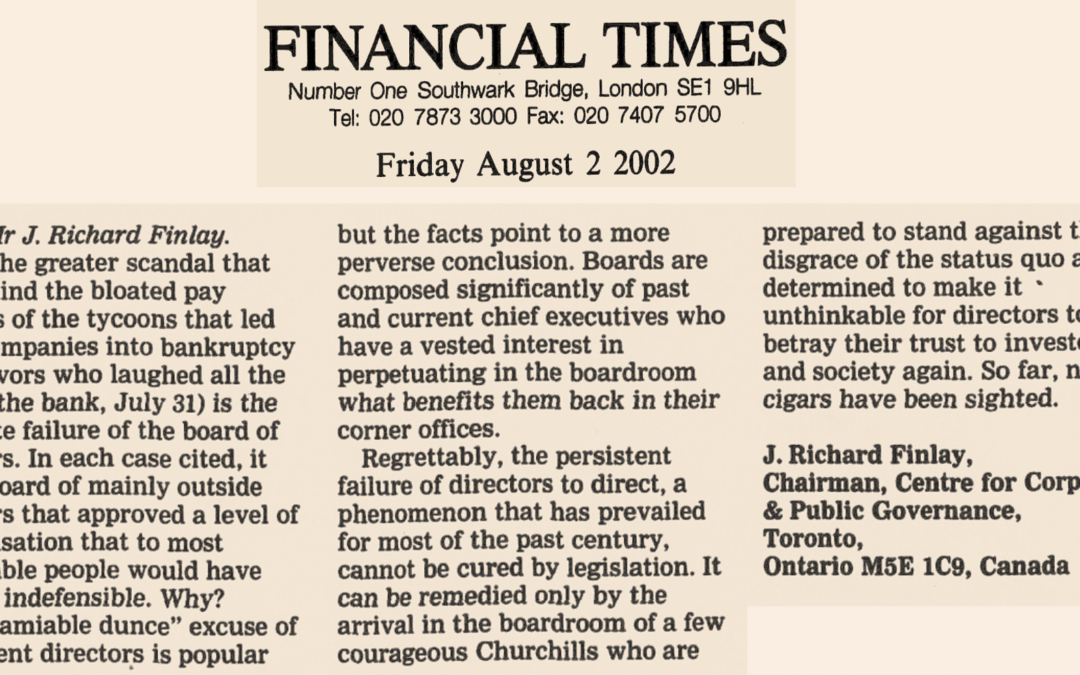
Writing in Financial Times, 2002
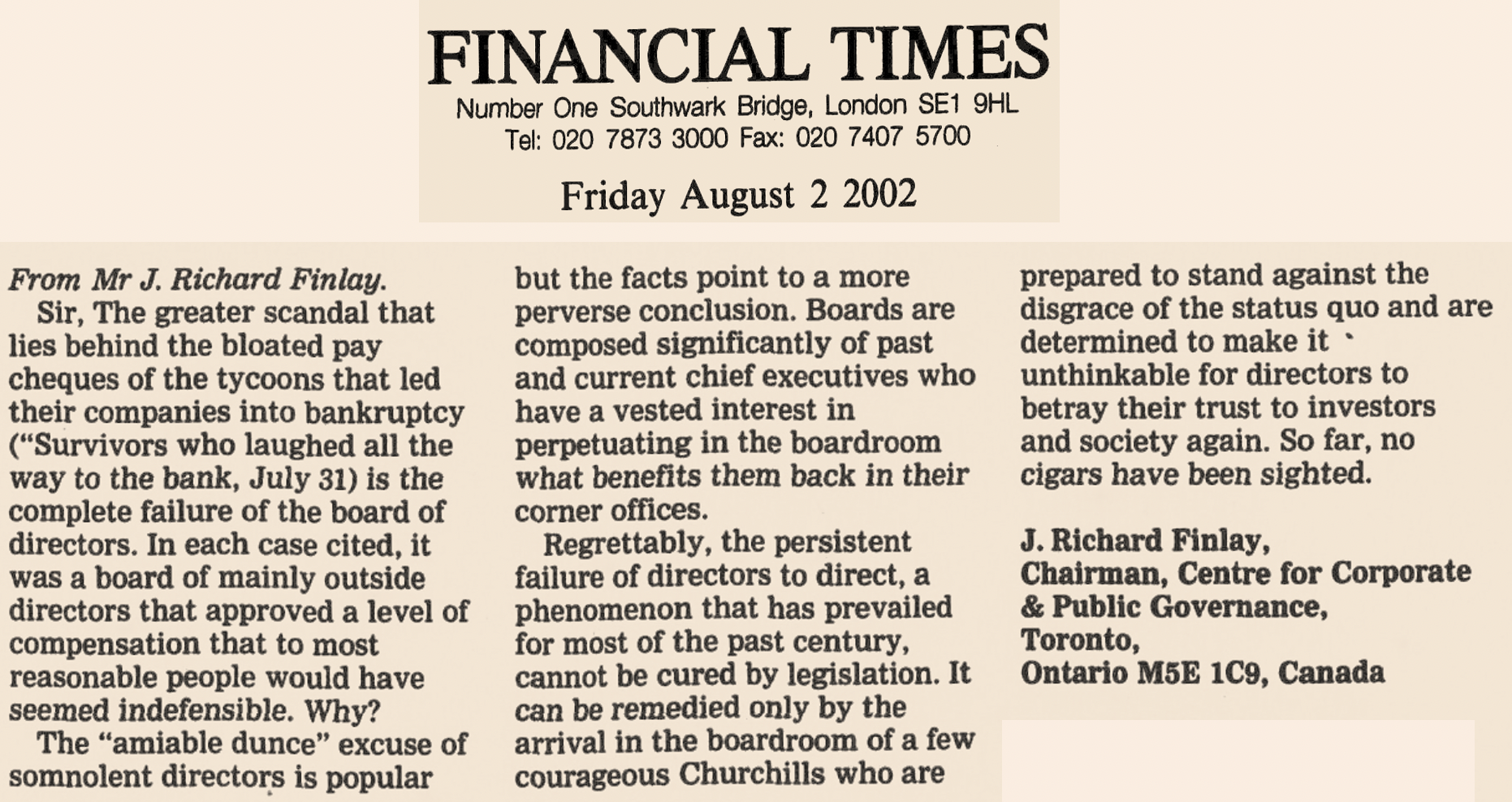


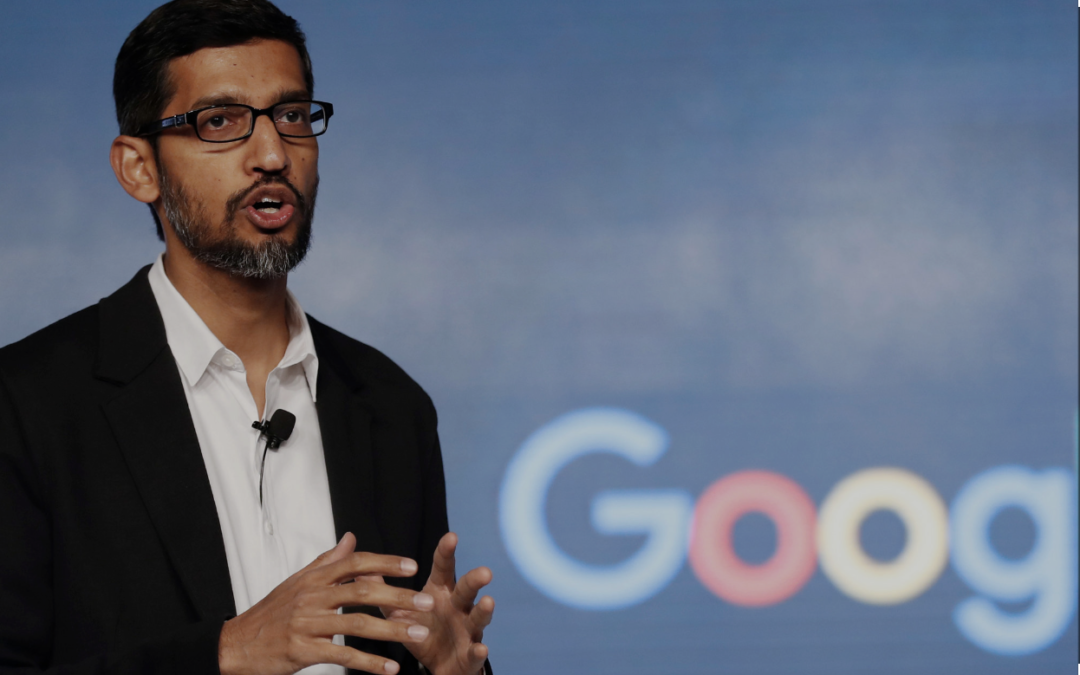
Twenty years ago, in an interview in BusinessWeek, I described soaring CEO pay as the mad cow disease of the North American boardroom, leaping from board-to-board rendering directors incapable of exercising good judgment and common sense. It seems I understated the affliction. At Google’s parent, Alphabet, for instance, where CEO Sundar Pichai received $225 million in 2022, four other senior officers pulled in between $24 million and $37 million each. Yet their outsized pay barely ruffles the curtains of outrage. How is this possible?
One of the great underreported contributors in the rise of obscene levels of CEO pay is the role that so-called independent directors, mainly past and current CEOs, play in perpetuating a self-dealing system. While pushing up the CEO’s pay, they also get to reward themselves handsomely. Alphabet’s outside directors were paid between $434,000 and one million in 2022. That was for just six formal meetings. Two of the three directors on the company’s compensation committee are big players in venture capital firms and the third retired recently from a top corporate slot. The built-in bias in favor of ever-increasing pay days for boardroom insiders has deep roots, deeper, than say, ESG, the latest boardroom craze to which Alphabet boasts strong commitment and has even turned into a bonus- generating machine.
Alphabet’s board shows a total lack of understanding of the “S” part of that moniker — social responsibility, which also contains a heavy ethics component. When CEO pay reaches the point where ordinary people cannot look at these eye-popping sums without throwing up out of sheer revulsion, when the CEO makes more than 800 times the median Alphabet worker’s compensation, it undermines a company’s social legitimacy.
As A. A. Berle, one of the fathers of modern corporate governance — the “G” in ESG — observed some years ago, “Legitimacy, responsibility and accountability are essential to any power system if it is to endure.” I would not hold out much hope that Alphabet’s board will ever give out a bonus for outperforming on the legitimacy front.G
